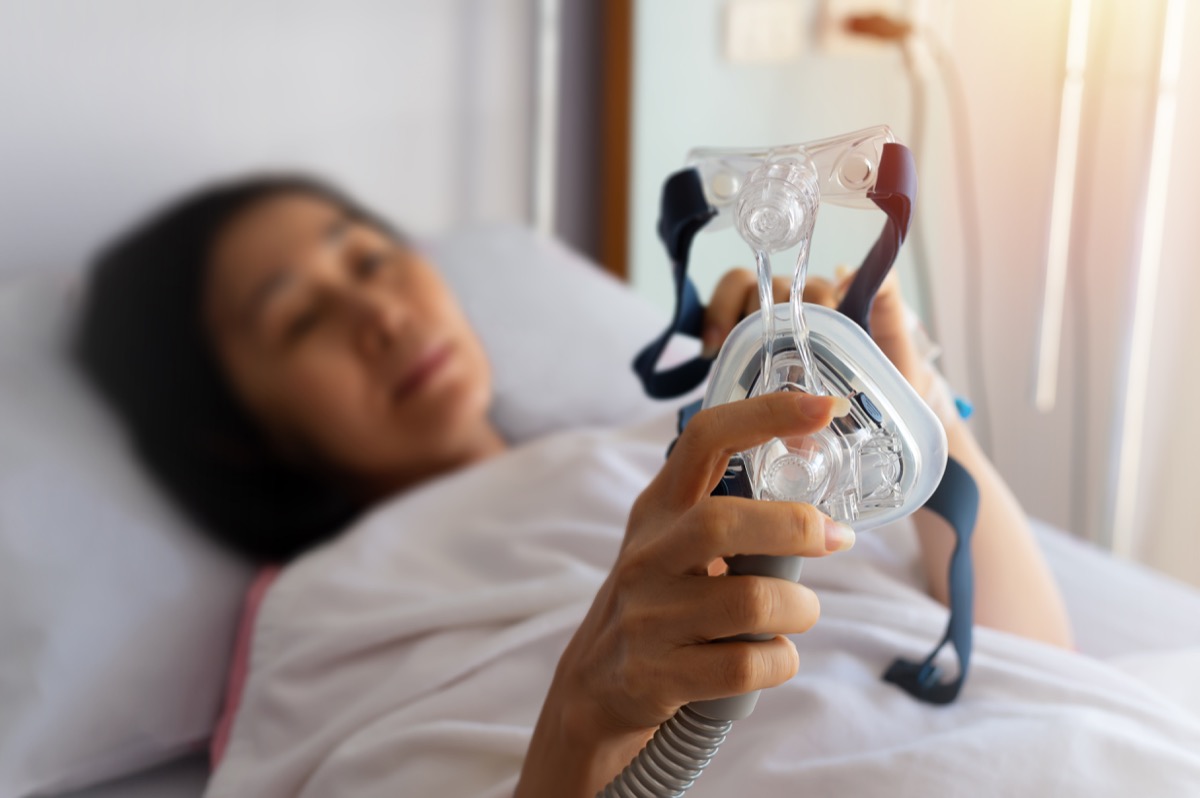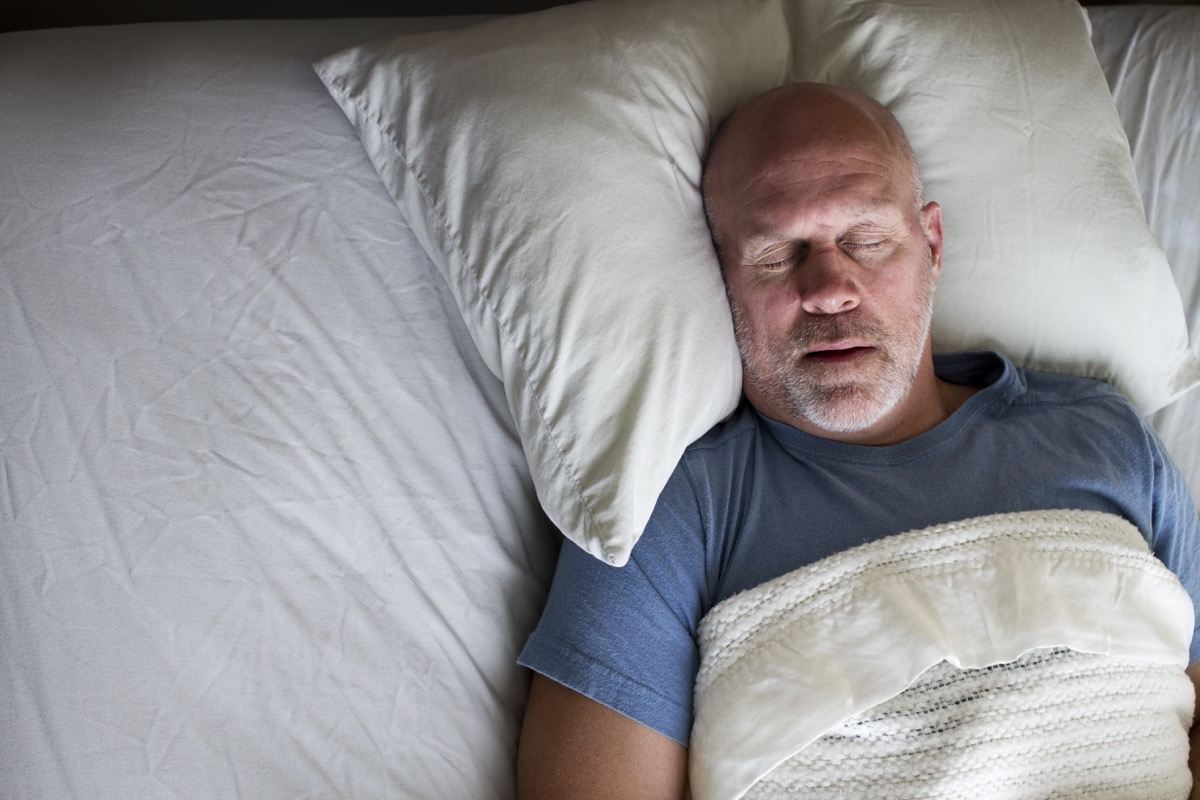The researchers from Michigan Medicine’s Sleep Disorders Centers analyzed the link between sleep apnea and dementia among those 65 and older. For the study, which was published in the journal Sleep in March, the researchers looked at Medicare claims from more than 53,000 people across the U.S. ages 65 and older who had been diagnosed with obstructive sleep apnea (OSA)—the most common form of sleep apnea, according to the Mayo Clinic. It causes you to stop and start breathing repeatedly during sleep.ae0fcc31ae342fd3a1346ebb1f342fcb The Michigan researchers found that the patients with sleep apnea who were treated with positive airway pressure therapy were less likely to receive a new diagnosis of Alzheimer’s disease or other dementia or mild cognitive impairment over the course of three years when compared with those whose sleep apnea went untreated. “We found a significant association between positive airway pressure use and lower risk of Alzheimer’s and other types of dementia over three years, suggesting that positive airway pressure may be protective against dementia risk in people with OSA,” Galit Levi Dunietz, PhD, the study’s lead author and an assistant professor of neurology at the University of Michigan, said in a statement. And for more on your brain health, This Could Be One of the First Signs You Have Dementia, Experts Say. A 2019 study from the Mayo Clinic previously investigated the association between sleep apnea and Alzheimer’s disease risk. According to the study—which was presented at the American Academy of Neurology’s 71st Annual Meeting—people who stop breathing during their sleep may have higher accumulations of the protein tau, a hallmark of Alzheimer’s disease. The study looked at 288 people 65 and older who did not already have a dementia diagnosis and asked their bed partners if they noticed the study subjects stopped breathing during sleep. According to the researchers, participants who were observed with sleep apnea had 4.5 percent higher levels of tau in the brain that those who weren’t observed to have sleep apnea. And for more health risks associated with sleeping, If You Take This Common Medication to Sleep, Stop Now, New Study Says. Sleep apnea is a common condition among those older than 65, but it may often go undiagnosed. A 2018 study published in the Journal of the American Geriatrics Society found that 56 percent of people over the age of 65 have a high risk of OSA, but only about 8 percent of those people are tested for the condition. The authors concluded that “high OSA risk is common but seldom investigated” among older adults—and that means treatment isn’t being administered among most who need it. “If a causal pathway exists between OSA treatment and dementia risk, as our findings suggest, diagnosis and effective treatment of OSA could play a key role in the cognitive health of older adults,” Tiffany J. Braley, MD, the principal investigator for the 2021 study and an associate professor of neurology at the University of Michigan, said in a statement. And for more up-to-date health news delivered right to your inbox, sign up for our daily newsletter. While the most noticeable sign of OSA is snoring, there are other symptoms that may indicate you have this condition. If you wake up abruptly in the middle of the night by gasping or choking, wake up with a dry mouth or sore throat, or experience excessive daytime sleepiness, morning headaches, difficulty concentrating during the day, mood changes such as depression or irritability, high blood pressure, nighttime sweating, or decreased libido, you may have sleep apnea. You should talk to your doctor if you’re experiencing any of these symptoms or loud snoring “punctuated by periods of silence,” the Mayo Clinic recommends. And for more signs of health problems that happen while you sleep, If You Can’t Stop Doing This at Night, Get Your Thyroid Checked.



